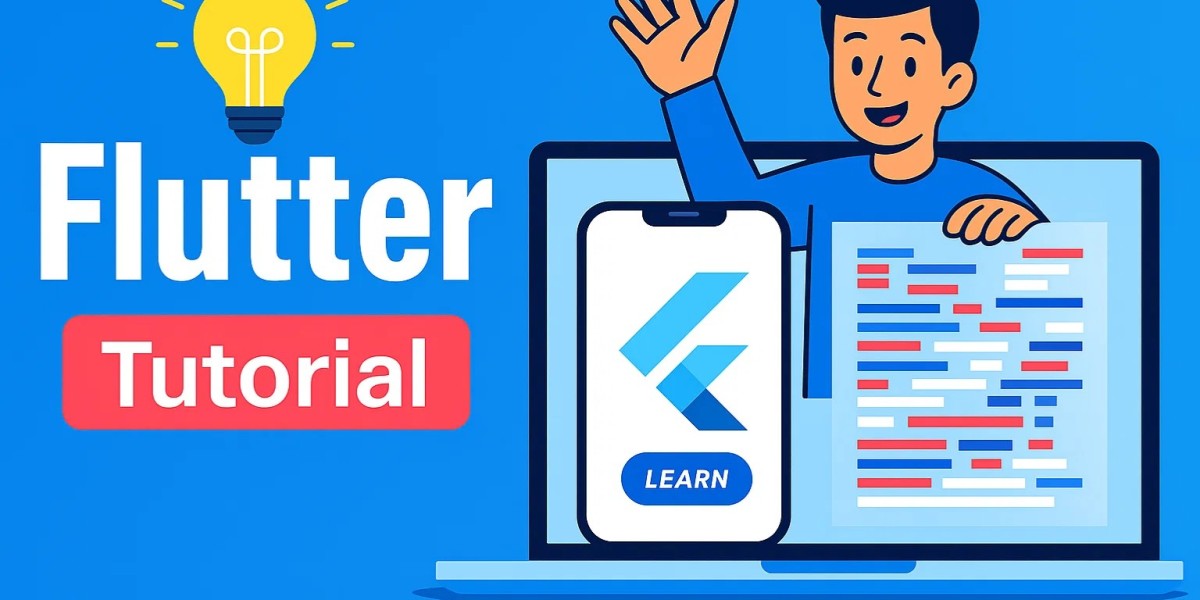Blockchain is no longer just a buzzword. It has become a tool for solving real-world problems. From finance to healthcare, its impact is growing. Among the many platforms, Corda has taken a unique route. It is not like public blockchains such as Ethereum or Bitcoin. Corda focuses entirely on enterprise needs. It solves problems that businesses face in data sharing, security, and process efficiency.
This approach is now attracting attention from global firms. Many Blockchain Development Companies in India are now building solutions using Corda. The platform fits well with how businesses work. Its ability to maintain privacy and work across networks makes it a top choice for enterprise-grade use cases.
Let’s explore how Corda is transforming the enterprise blockchain landscape.
What Makes Corda Different from Other Blockchains?
Corda was designed with businesses in mind. It is not a public blockchain. It is a permissioned ledger. This means only authorized participants can access or view the data. This model aligns with how enterprises work.
Unlike traditional blockchains, Corda does not broadcast data to all participants. It only shares information with parties involved in a transaction. This ensures data confidentiality.
It also does not require mining. There is no native cryptocurrency. This helps reduce overhead. The absence of tokens allows companies to use Corda without the complexities tied to crypto assets.
Another unique feature is its support for legal prose. Corda allows smart contracts to be linked with actual legal agreements. This helps bridge the gap between digital and legal processes.
These features make Corda highly relevant to industries like finance, insurance, and supply chain management.
Privacy and Confidentiality in Corda
One major challenge in enterprise networks is data privacy. In most public blockchains, transactions are visible to everyone on the network. That does not work for regulated industries.
Corda solves this. When a transaction takes place, only the involved parties see the data. This selective sharing prevents data leaks and protects sensitive information.
Corda uses a concept called "notary services" to prevent double-spending and validate transactions. These notaries do not see the transaction data. They only verify that the transaction is valid. This separation of duties strengthens privacy.
Blockchain Development Companies in India are adopting Corda for projects that require high data confidentiality. Many sectors—especially banking—see this as a core benefit.
Real-World Use Cases Are Driving Growth
Corda is not a lab experiment. It is being used in real-world applications. Banking institutions use it to settle trades. Insurance firms use it for claims management. Logistics providers use it for tracking and verifying shipments.
Let’s look at how different industries benefit:
Finance
Banks use Corda for faster trade settlements. Traditional clearing takes days. With Corda, settlement can happen in minutes. It reduces risks and frees up capital faster.
Banks can also use it for regulatory reporting. Data can be shared in a tamper-proof format with regulators. This ensures compliance and transparency.
Insurance
Corda makes the claims process efficient. Insurers and clients can access the same record of the event. This reduces fraud. It also speeds up the claim process. Everyone involved sees the same trusted data.
Supply Chain
Corda tracks assets across the supply chain. From origin to destination, data is recorded in sequence. This helps prevent counterfeit goods. It also ensures products follow proper handling processes.
A Blockchain Development Company focusing on enterprise solutions finds Corda well-suited for these real-life challenges. It’s not just theory. It is already proving its value.
Interoperability Across Networks
Corda is built for network interoperability. In a business environment, one firm may operate on one system and its partner on another. Getting these systems to talk to each other is hard.
Corda supports this. Its design allows different parties to interact across different networks securely. This reduces the need for central control. It also minimizes integration costs.
Cross-border payments, compliance networks, and logistics firms need this. They can connect different digital ecosystems without compromising data control.
For many Blockchain Development Companies in India, this is a strong reason to adopt Corda. It opens the door for building connected ecosystems.
Regulatory and Legal Compatibility
Businesses must follow laws. Public blockchains often struggle here. With Corda, regulatory compliance is easier.
Corda allows contracts to be linked with legal documents. This makes it easier to enforce agreements. It also helps during audits. Data is clear, timestamped, and verifiable.
Since Corda is permissioned, companies can control who accesses what. This ensures compliance with data protection laws.
Many enterprises need this level of control. A public, open blockchain does not provide it. Corda does.
For a Blockchain Development Company serving banks or legal firms, Corda offers a pathway that matches existing compliance rules.
Developer-Friendly Environment
Corda is built using Kotlin, which runs on the Java Virtual Machine (JVM). Developers familiar with Java or Kotlin can easily pick up Corda.
It supports modular architecture. This makes applications easier to scale and maintain. Businesses don’t need to overhaul their entire system to integrate Corda.
It also supports standard APIs. This helps with easy integration into existing systems like databases or enterprise software.
Because of this, Blockchain Development Companies in India are increasingly building Corda-based applications. They can reuse existing skills and tools. This reduces development time and costs.
Corda Reduces Operational Complexity
Traditional enterprise processes rely on reconciliation. Every department or business maintains its own version of data. This leads to mismatches, delays, and costs.
Corda offers a shared source of truth. Everyone involved in a process sees the same data. There’s no need for separate records. No extra validation layers. No unnecessary communication back and forth.
This reduces reconciliation costs. It also prevents delays caused by disputes or mismatches.
A Blockchain Development Company can use Corda to help clients move from siloed systems to unified, trusted data flows. This is where real savings and efficiency gains happen.
Corda Supports Scalable Growth
Scalability is often a concern in blockchain. Many platforms slow down when more users join. Corda handles this differently.
Because it does not broadcast every transaction to every node, its performance remains stable. Only the involved parties process and store data. This lightens the system.
This allows Corda to support large networks without compromising speed. Enterprises can grow their network over time. They don’t need to worry about rising infrastructure costs or slowdowns.
For Blockchain Development Companies in India, this makes Corda a practical choice for long-term projects.
India’s Growing Blockchain Ecosystem and Corda
India is emerging as a hub for enterprise blockchain development. Skilled talent, cost efficiency, and strong tech infrastructure are driving this trend.
Many Blockchain Development Companies in India are now choosing platforms like Corda for client projects. This is especially true in sectors like fintech, healthtech, logistics, and insurance.
Indian firms are helping global businesses build blockchain solutions using Corda. They offer design, development, and deployment support. Their experience with enterprise systems makes them valuable partners.
By focusing on platforms like Corda, these companies help clients solve business problems—not just technical challenges.
Corda Is Shaping the Future of Enterprise Blockchain
The world of enterprise blockchain is different from public blockchain ecosystems. It’s not about decentralization for the sake of it. It’s about trust, compliance, performance, and control.
Corda fits this space well.
Its architecture reflects the needs of regulated industries. It works with how businesses share and manage data. It doesn’t require tokens or mining. It protects privacy. It supports legal compliance.
It is already being used in live environments. Not just proofs of concept.
The rise of Blockchain Development Companies in India using Corda further accelerates its growth. These companies are helping businesses modernize operations, reduce risk, and cut costs.
For any Blockchain Development Company aiming to serve real enterprise needs, Corda offers a clear, proven path forward.
Final Thoughts
Corda is not trying to be everything to everyone. It is focused on one clear goal—solving real problems for businesses.
And it’s working.
Its privacy-first model, legal integration, and scalable design are aligned with enterprise goals. Whether it’s finance, insurance, or logistics, companies can benefit from Corda's approach.
The shift toward blockchain in the enterprise world is not hype. It’s happening. And Corda is at the center of it.
Blockchain Development Companies in India are embracing this change. They are building the tools, platforms, and solutions that enterprises need today. Corda is becoming a key part of that journey.
Businesses that adopt it now can stay ahead of the curve.







